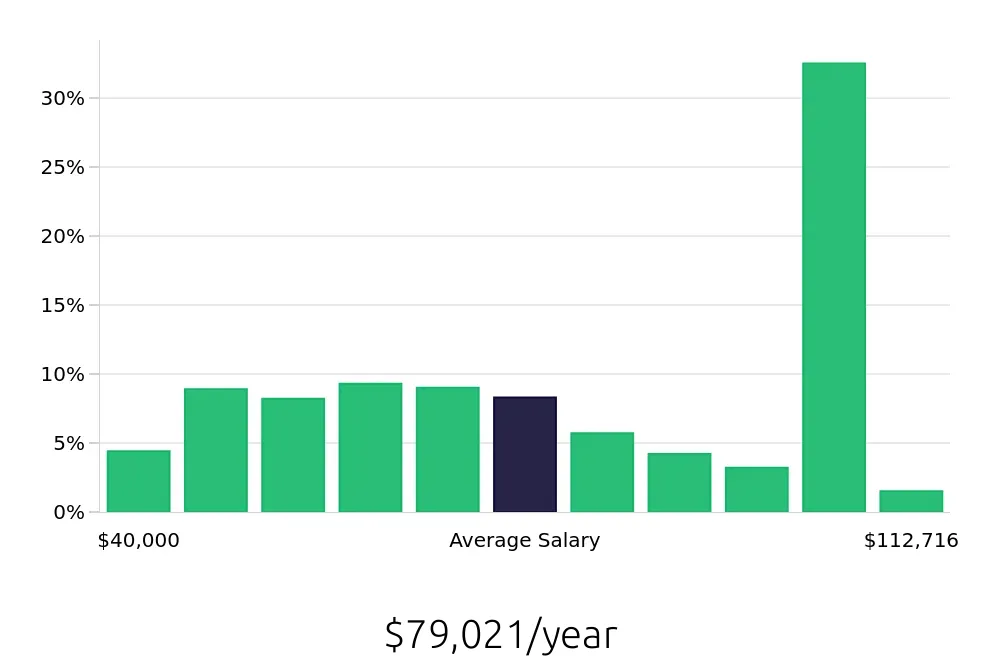Position
Overview
A Police Officer works to maintain peace and safety in a community. They patrol neighborhoods, respond to emergencies, and help prevent crime. Officers also investigate incidents, write reports, and testify in court when needed. They interact with the public, providing support and enforcing laws.
This role requires quick thinking and strong communication skills. Officers must stay calm under pressure and make decisions that protect the public. They often work in shifts, which can include nights, weekends, and holidays. Being a Police Officer means serving your community and ensuring everyone feels safe.
Aspiring to serve and protect? Becoming a police officer is a rewarding career path that requires dedication and a specific set of steps. This journey involves meeting eligibility criteria, passing various tests, and undergoing training. Here’s a clear outline to help professional job seekers navigate this path.
First, ensure you meet the basic eligibility requirements. This includes being at least 21 years old, having a high school diploma, and possessing a valid driver’s license. Check local department guidelines as requirements can vary by jurisdiction. Second, complete a background check, which may include a criminal record review, drug screening, and mental health evaluation. Third, pass a physical fitness test to show you can perform the necessary duties safely. Fourth, take and pass the written examination, which tests your knowledge of laws and procedures. Finally, complete the police academy training, which involves both classroom and field training, before starting your career as a police officer.
Here are the key steps to becoming a police officer:
The journey to becoming a police officer varies. It depends on several factors, including education, training, and experience. Most officers complete a bachelor's degree. They then go through a police academy. This training usually lasts about six months. After the academy, officers complete on-the-job training. This can last up to a year. Some departments may also require additional training.
A typical timeline includes the following steps. First, a person completes high school. They then earn a degree in criminal justice or a related field. This often takes about four years. Next, they apply to a police academy. After academy training, new officers start field training. This practical experience helps them apply what they learned in the academy. Officers might also need to pass written exams and physical tests. All these steps ensure they are ready to serve their community.
Join our dynamic law enforcement team as a Police Officer, where you'll play a crucial role in maintaining public safety, enforcing laws, and ensuring community well-being. This position is ideal for individuals committed to serving their community and upholding justice.
Responsibilities:
Qualifications
Pursuing a career as a police officer involves protecting the community and maintaining law and order. Police officers work in various environments, from patrolling neighborhoods to investigating crimes. This role requires physical fitness, strong communication skills, and the ability to handle high-pressure situations.
Choosing this path means becoming a guardian of safety and security. Police officers can make a significant impact on their community by ensuring people feel safe. The job offers a sense of purpose and the opportunity to serve others. However, the role can be demanding, with irregular hours and the need to respond to emergencies at any time.
Consider these pros and cons before starting this career:
The career outlook for Police Officers remains steady and promising. According to the Bureau of Labor Statistics (BLS), the average number of job positions per year stands at 8,600. This steady demand ensures a consistent flow of opportunities for aspiring law enforcement professionals. The projected job openings percent change from 2022 to 2032 is a modest 1.5%, indicating stable employment growth in this field.
For those considering a career in law enforcement, the financial rewards are compelling. The average national annual compensation for Police Officers is $95,930. This figure reflects the dedication and responsibility that come with this role. Additionally, the average national hourly compensation is $46.12, providing a reliable income for those who choose this career path. These figures highlight the value placed on the skills and services that Police Officers provide to their communities.
This stable job outlook and competitive compensation make a career as a Police Officer an attractive option. Job seekers can look forward to a field with consistent opportunities and rewarding financial benefits. The combination of job security and strong compensation makes this profession an appealing choice for those dedicated to public service.
